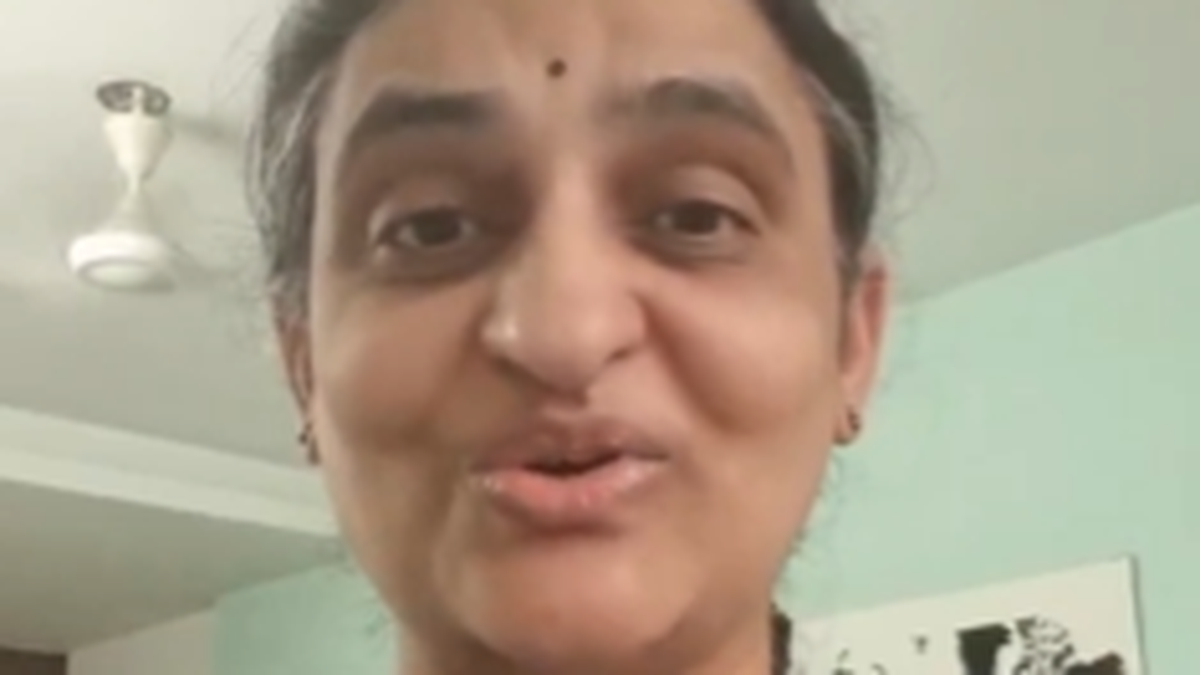ORS Misuse Finally Addressed After Years of Complaints
ORS the lifesaving solution widely used to treat dehydration is finally being protected under a strict new rule by the Food Safety and Standards Authority of India (FSSAI). For years, sugary soft drinks and misleading products have been sold under the label “ORS,” confusing consumers and putting health at risk. Now, the authority has issued a decisive order that no company can use the term Oral Rehydration Salts unless the formula strictly matches the World Health Organisation’s (WHO) approved composition.
This major move came after an eight-year campaign by Hyderabad-based pediatrician Dr. Sivaranjani Santosh, who fought to expose how several drink brands misused the term “ORS” to market flavored beverages with excessive sugar and chemicals. These products often failed to deliver any medical benefit and, in some cases, worsened dehydration in children.
Dr. Sivaranjani’s consistent efforts, supported by health experts, have now resulted in a policy shift that could change how India regulates rehydration products. Her persistence has been widely praised as a victory for both public health and truth in advertising.
ORS Standards Tightened to Protect Consumers
Under the new FSSAI directive, products labeled as must meet specific WHO-recommended standards for sodium, glucose, and potassium levels. This ensures that only medically effective solutions can carry the “ORS” tag, preventing misleading claims by commercial beverage companies.
Health experts had long warned that many so-called available in Indian markets were nothing more than sweetened energy beverages. These products not only confused the public but also led to unsafe practices especially among parents who believed they were giving their children a proper medical solution.

According to the WHO formula, true should have 75 mEq/L of sodium, 75 mmol/L of glucose, and a total osmolarity of 245 mOsm/L. Most commercial drinks fail to meet this ratio, making them ineffective for medical use. FSSAI’s new regulation now ensures only compliant products remain on shelves. Also Read: ₹13.69 Crore Tax Arrears Case: Madras HC’s Bold Step on Jayalalithaa Heirs’ Dispute
This decision will likely push manufacturers to reformulate their drinks or rebrand them under non-medical categories. The shift also underscores India’s growing emphasis on evidence-based health safety standards.
Public Awareness and Real Impact of the ORS Reform


Dr. Sivaranjani’s advocacy focused on this exact problem how a lack of awareness, combined with misleading advertising, endangered children’s health. Her campaign gathered support from doctors nationwide and ultimately reached FSSAI officials, who took the matter seriously after repeated complaints.
Social media users have lauded her determination, calling this move “a step toward saving lives.” Medical professionals say it’s not just about one product but about setting a precedent that health-related labeling must be accurate, transparent, and scientifically valid.
View this post on Instagram
Conclusion
The ORS regulation by FSSAI marks a major win for public health in India. It’s a reminder that small policy changes can have big impacts when it comes to consumer safety. Thanks to Dr. Sivaranjani Santosh’s perseverance, children and families can now trust that products labeled as “ORS” will genuinely meet medical standards.
With this new rule, India takes a strong stand against deceptive marketing, putting health above profit a change that truly deserves applause.

